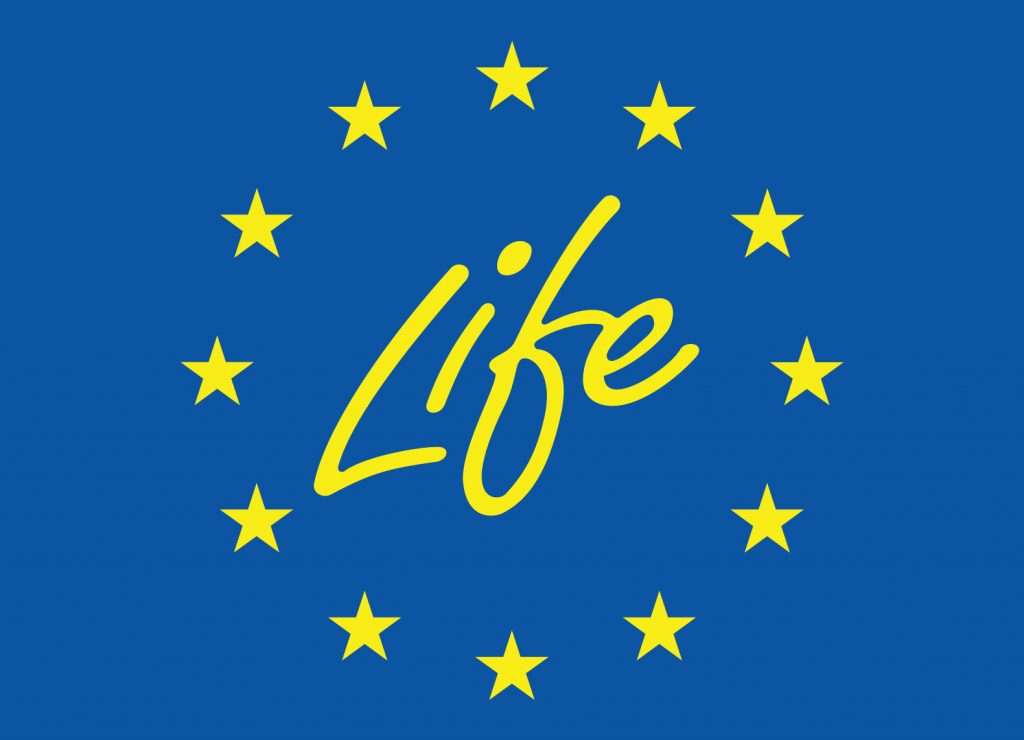The Food and Agriculture Organisation of the United Nations (FAO) published a baseline report assessing the use of plastics in agriculture. They point out that the use of plastics in agriculture constitutes a serious environmental problem, offering solutions and sustainable alternatives to “break out of the vicious cycle of plastic in agriculture”.
The report estimates that, in 2019, “agricultural value chains used 12.5 million tonnes of plastic products in plant and animal production and 37.3 million tonnes in food packaging”.
Mr. Richard Thompson, FAO Agricultural Plastics and Sustainability Specialist and one of the authors of the report notes: “We estimate that the crop and livestock production sectors together contributed 10 million tonnes, followed by fisheries and aquaculture with 2.1 million tonnes and forestry with 0.2 million tonnes. Global demand for plastic film for greenhouses, ground cover and silage is also expected to increase by about 50 % by 2030,” he added.
About plastic agricultural mulch
- Plastic is single-use (each plastic is only valid for one harvesting period).
- Plastic is difficult to fully recover and recycle for two reasons: Remnants of plastic film remain in the soil because it is not possible to fully recover them mechanically. The soil is contaminated and due to the low density of plastic they appear in the surrounding watercourses, rivers and marshes.
- These plastic films contain between 60 and 85% impurities, mainly soil residues. In the case of Spain, plastic recycling plants do not accept – due to their low industrial yield – plastic containing more than 5% by weight of impurities. The production of non-compostable waste leads to the accumulation of waste in authorised landfills and the use of polluting practices by the farmer.
Furthermore, there is no common European legislation for the recovery of plastics in agricultural applications except for pesticides, fertilisers, or seed packaging, which achieve a recovery rate of over 60%.
These are some of the reasons why LIFE AgroPaper® is a project focused on replacing plastic mulch used in agriculture with biodegradable and compostable paper mulch. The project aims to demonstrate that paper mulch is a sustainable solution for the environment, thus helping to preserve the planet.
The development of this European project – Towards to zero plastic soil management agricultural practices – LIFE AgroPaper® (LIFE 19 ENV/ES/000404) – is possible thanks to the financial support of the LIFE programme of the European Union.

